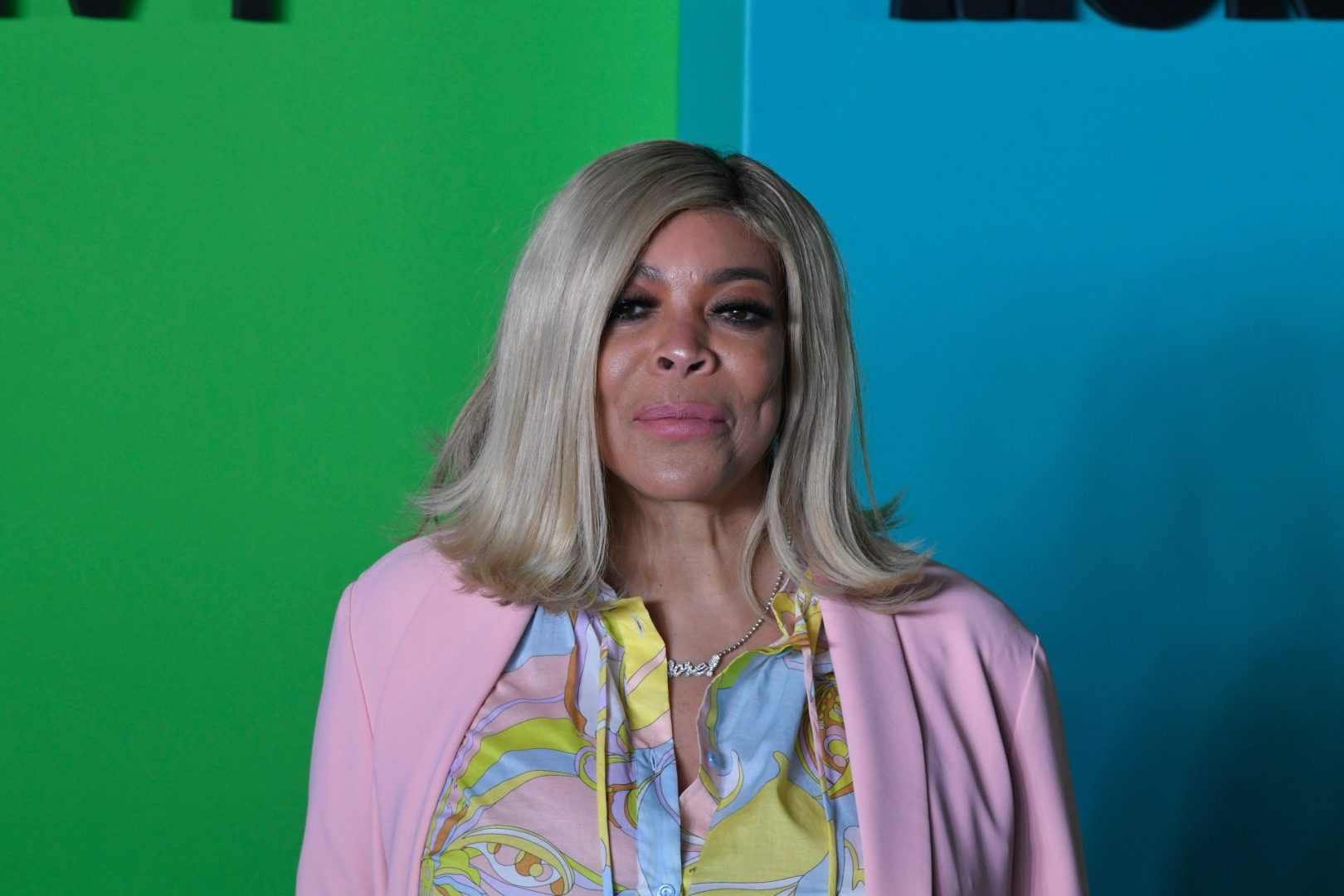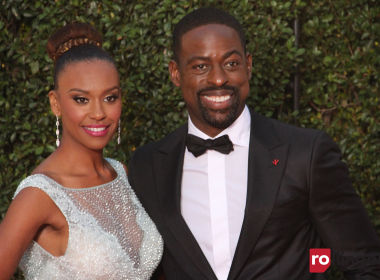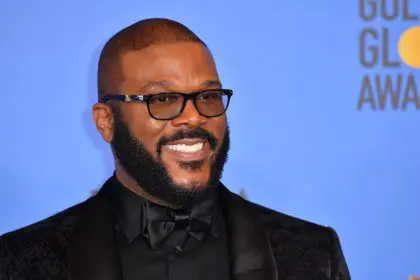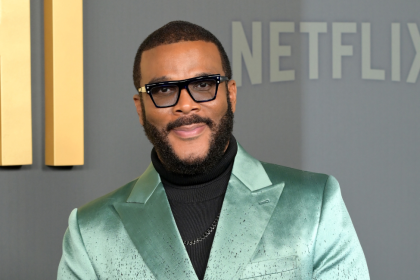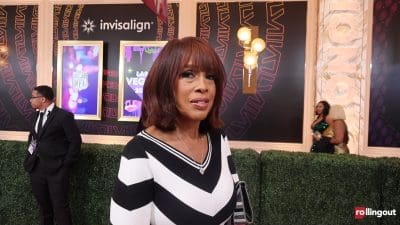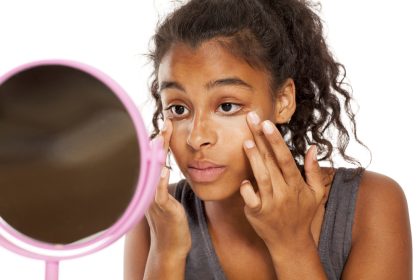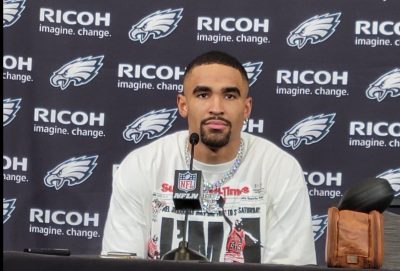Wendy Williams, the iconic talk show host, has been at the center of controversy following the release of the A&E docuseries “Where Is Wendy Williams?” Her guardian, Sabrina Morrissey, has taken legal action against A&E Television Networks, claiming that the network exploited Williams during a vulnerable time in her life. This lawsuit raises significant questions about the ethics of media representation, particularly concerning individuals with health challenges.
The allegations of exploitation
Morrissey’s complaint, filed in the New York Supreme Court, alleges that A&E and its executive producer, Mark Ford, portrayed Williams in a “highly demeaning and embarrassing” manner. Despite assurances that the docu-series would present her in a positive light, the final product reportedly did the opposite. The lawsuit claims that Williams was unable to consent to being filmed due to her health conditions, which include primary progressive aphasia and frontotemporal dementia (FTD).
Details of the lawsuit
According to court documents, Morrissey contends that Williams was compensated only $82,000 for her participation in the two-part series, a sum she describes as “paltry” given the profits A&E allegedly made from the project. The complaint also asserts that Williams’ signature on the contract was forged, as she was incapacitated at the time it was supposedly signed.
The lawsuit further claims that Morrissey was not involved in the production or the contract negotiations and only became aware of the contract months after it was allegedly signed. This raises serious concerns about the ethical practices of A&E and the treatment of individuals with cognitive impairments in the media.
Williams’ health struggles
In 2023, Williams, 60, was diagnosed with primary progressive aphasia, a condition that affects language and communication abilities, and frontotemporal dementia, which alters behavior and cognitive function. These health issues have left her vulnerable, and Morrissey argues that A&E took advantage of this vulnerability for profit.
The lawsuit highlights a broader issue regarding the representation of African American entertainers in media, particularly those facing health challenges. Morrissey’s complaint emphasizes that powerful media companies often exploit vulnerable individuals for sensationalism, which can have lasting effects on their reputations and dignity.
She argues that the actions of A&E and Ford were not only unethical but also cruel, as they sought to profit from Williams’ cognitive decline. The lawsuit calls for all profits from the docuseries to be directed toward covering Williams’ healthcare expenses and seeks to prevent any further broadcasts or sales of the documentary.
Public reaction and support
The public response to the lawsuit has been mixed, with many expressing support for Morrissey’s actions. Advocates for mental health and disability rights have praised her for standing up against what they see as exploitation. The case has sparked discussions about the responsibilities of media companies when portraying individuals with health issues.
As the legal battle unfolds, the question remains: Is Morrissey doing the right thing in protecting Williams’ dignity and ensuring that her story is told with respect? The outcome of this lawsuit could set a precedent for how media companies approach similar situations in the future.

